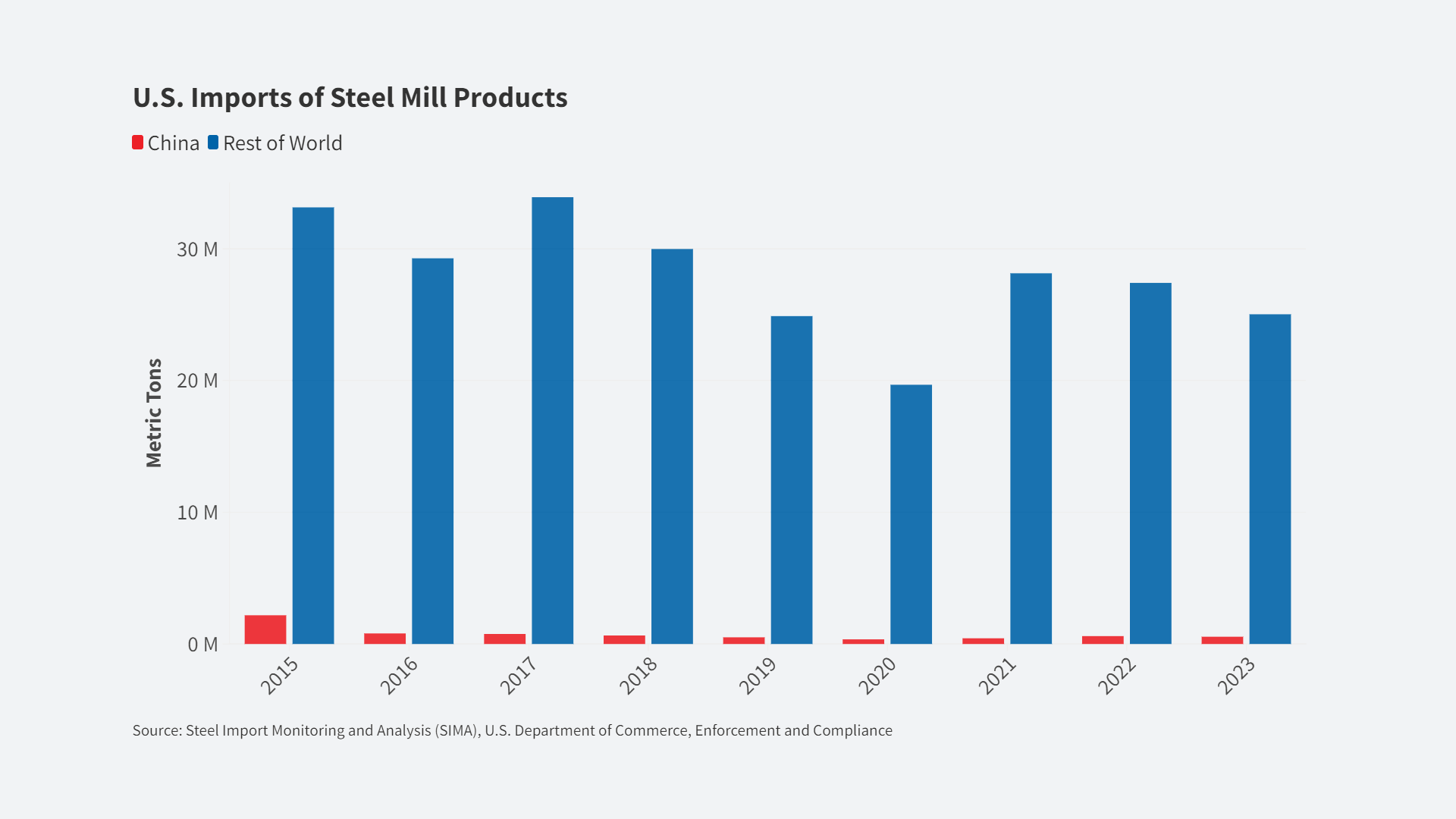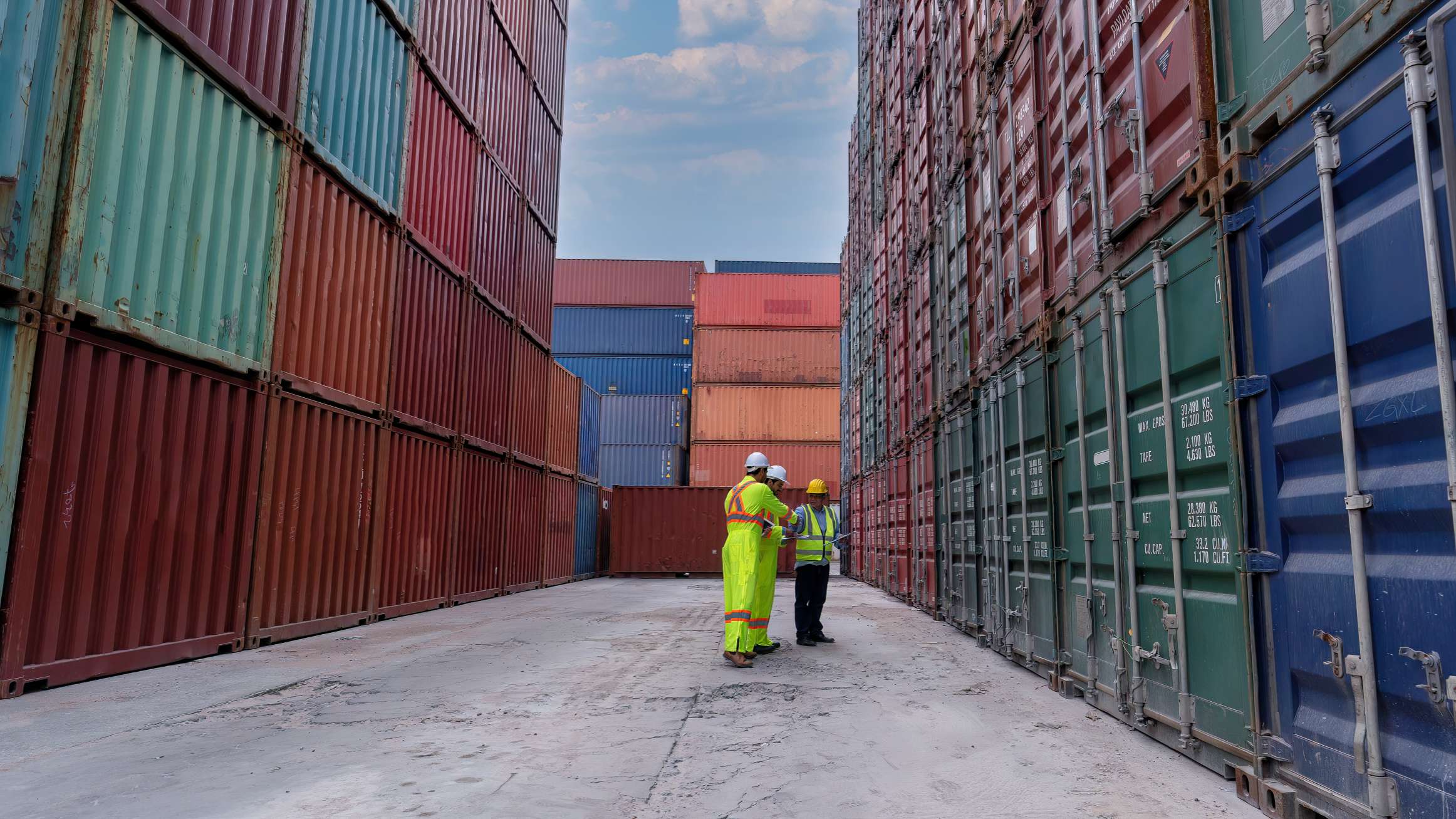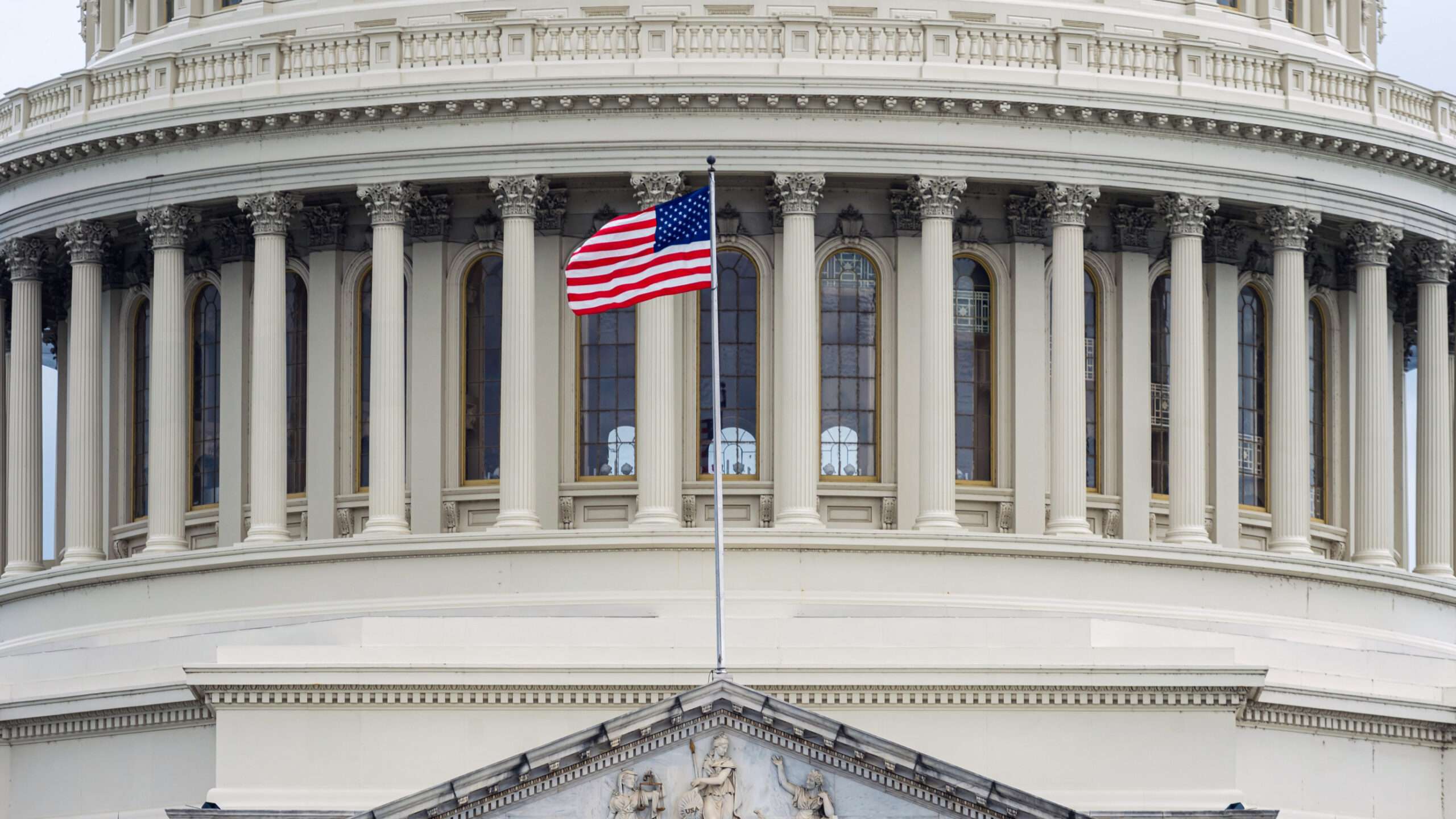
According to U.S. Trade Representative Michael Froman, the Trans-Pacific Partnership (TPP) has a big benefit: With a signed TPP, American-made goods will finally enjoy tariff-free access to consumers in countries like Vietnam, Malaysia, and Singapore. However, some tariffs will not be dropped immediately, but instead will be phased out over a number of years.
[Reposted from The Hill | Kevin Kearns | June 24, 2015]
Nevertheless, from a purely sales perspective, it’s a smart pitch, and one that’s designed to appeal to Americans’ sense of fair play. It’s a theme picked up by almost every Republican House fast-track (TPA) and TPP backer, as well as the few Democrat backers. Currently, the United States imposes no tariffs on roughly 80 percent of goods from TPP countries. And yet, U.S. exports often run into a brick wall when trying to reach overseas customers. For example, Vietnam slaps 70 percent tariffs on U.S. cars, Malaysia tacks a 50 percent duty on U.S. motorcycles, and Japan adds 189 percent on U.S. shoes.
President Obama has seized on this tariff disparity as a key selling point for the TPA/TPP. Unfortunately, his breezy sales patter studiously avoids serious fundamental barriers facing American exports in global trade. These barriers led to the failure of the president’s ‘Initiative to Double Exports in Five Years, 2009-2014,’ which only achieved roughly 50 percent of its goal, and demonstrated convincingly that rhetoric and appeals to foreign consumers don’t equal export growth.
It should be evident that America’s trading partner governments are not particularly keen to receive more U.S. goods and services, but are mainly interested in exporting their wares to the lucrative U.S. market. Additionally, most of the “95 percent of consumers living outside the United States,” especially in countries like Malaysia, Vietnam and other ‘fast growing’ Asian markets, aren’t consumers in any sense that Americans would understand. 80 percent of the world’s population lives on less than $10 a day, meaning that American-made cars, motorcycles, and shoes are luxury items far beyond their reach, tariffs or not.
Most significantly, the TPP does not address a massive cost to U.S. goods and services that has a chokehold on our export levels: foreign Value-Added Tax (VAT) schemes.
The United States is one of only a handful of nations worldwide that does not charge a VAT on incoming manufactures and services. But 10 of the 11 TPP member states do, which means that, even with tariff-free access, high barriers remain: U.S. exporters will still face a 19 percent surcharge in Chile, 15 percent in Peru, and 16 percent in Mexico — countries with which we already have free trade agreements — or 15 percent in New Zealand and 8 percent in Japan. Only tiny Brunei, population 425,000, lacks a VAT.
The double whammy of a country’s VAT tax is that it not only jacks up the cost of American goods and services entering that foreign market, but also it rebates the amount of the VAT to the country’s exports, making them more competitive against their American counterparts. Add the effect of a VAT to that of currency manipulation and it’s no wonder that the United States has been running massive trade deficits all these years.
The Obama administration and the Congress have failed to consider the VAT barrier in the TPA and in the underlying TPP. For decades, Congress and U.S. negotiators tried to tackle the VAT issue in trade talks, but unsuccessfully. The result: every time a trade agreement reduced tariffs it was undercut by our trading partners’ raising their VATs to compensate for tariff cuts. Unlike with currency manipulation, the administration doesn’t even have a ‘quiet diplomacy’ approach to address VAT inequality. That’s one big reason why the TPP is projected to grow the U.S. economy by a measly 0.4 percent by 2025.
The Froman-Obama-Republican hype on tariff reduction is a sales job that Congress shouldn’t buy. Congress must reject TPA until it addresses the massive market-distorting effects of foreign Value Added Taxes, one of the biggest obstacles facing American exporters in 21st century trade.
Kearns is president of the U.S. Business & Industry Council (USBIC), a national business organization advocating for domestic U.S. manufacturers since 1933.













